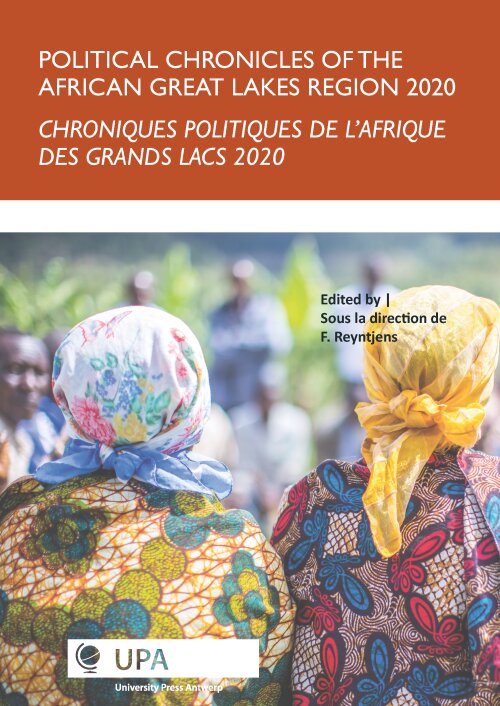
Continuing the tradition of L’Afrique des grands lacs. Annuaire, this companion volume to Conjonctures de l’Afrique centrale (Paris, L’Harmattan) offers a survey of political developments in Burundi, the Democratic Republic of Congo, Rwanda and Uganda over the course of 2020. In two of these four countries, presidential elections were held. While the actual vote only took place in January 2021 in Uganda, this chronicle addresses the run-up and the polls. According to the official results, incumbent president Yoweri Museveni won his sixth term with 58% of the vote, in an election marred by intimidation of the opposition, violence and allegations of irregularities. Coronavirus restrictions were used by the government to justify various excesses, including the use of lethal force. Nevertheless, the singer-turned-opposition leader Robert Kyagulanyi Ssentamu, better known as Bobi Wine, won 35% of the vote, defeating Museveni in the central region and some parts of Busoga in the east. In Burundi, incumbent president Pierre Nkurunziza was barred from running for a new term, and he died unexpectedly in June 2020 after his anointed successor Évariste Ndayishimiye was elected in May with almost 69% of the vote. His closest competitor, Agathon Rwasa, obtained 24%. The ruling CNDD-FDD party secured large victories in the municipal and parliamentary polls. The DRC has been the scene of hitherto successful endeavours by President Tshisekedi to break his predecessor Kabila’s continued control of parliament and the provincial institutions. By putting into place the Union Sacrée de la Nation (USN), which benefitted from a great deal of opportunistic floor-crossing, he caused the dislocation of Kabila’s FCC. Rwanda remains a harsh ethnocratic dictatorship, which is facing increasing international criticism. However, the biggest threat to the regime is not the disapproval of the international community or the activity of rebel groups operating in the DRC, Burundi and Uganda, but the risk of internal fragmentation.